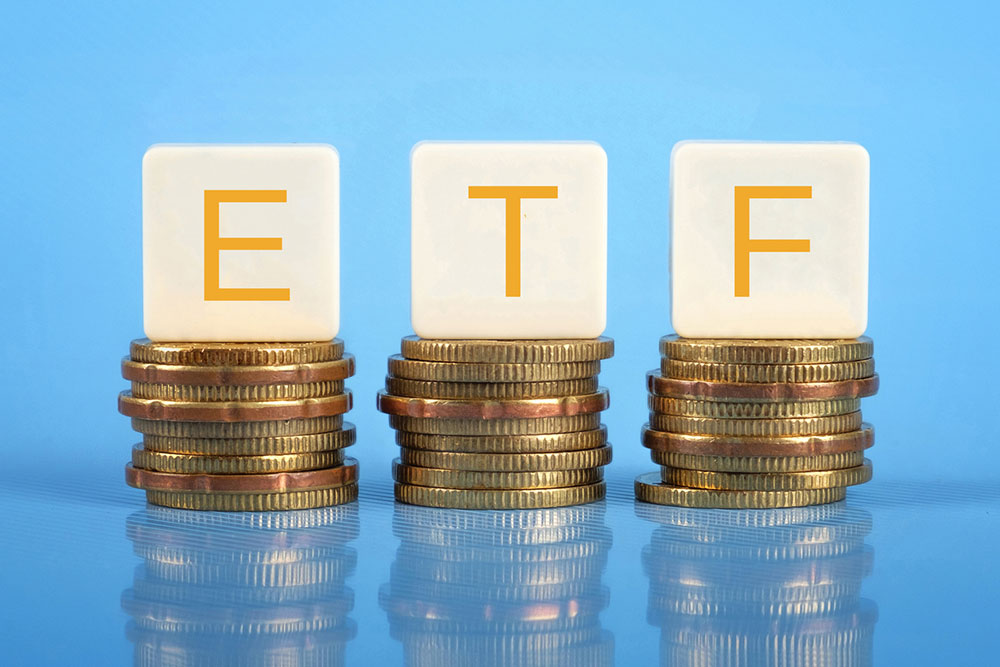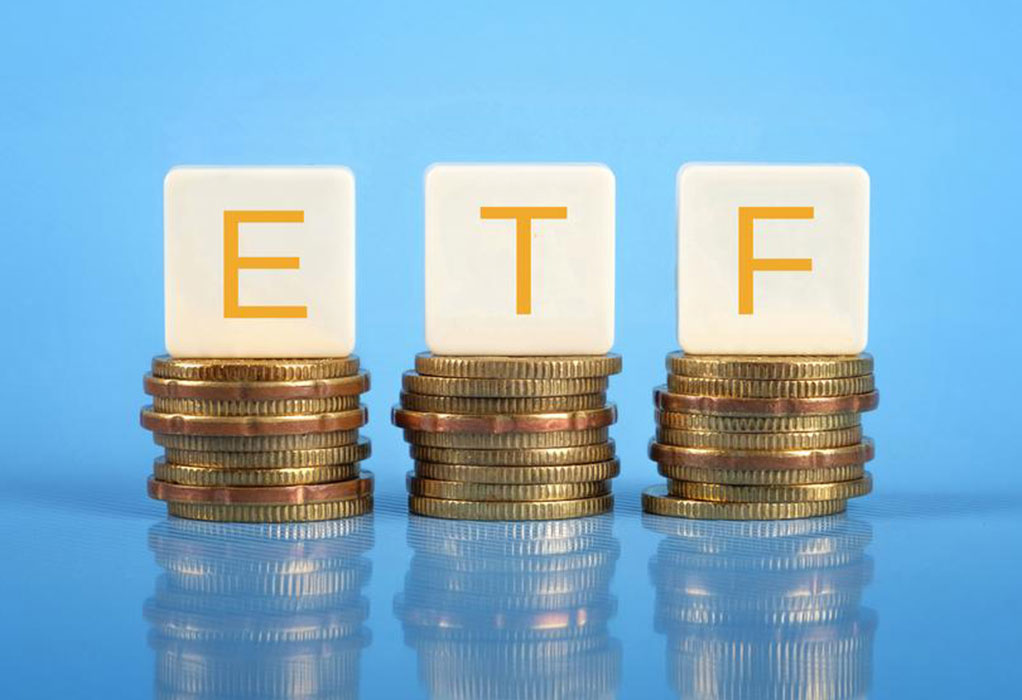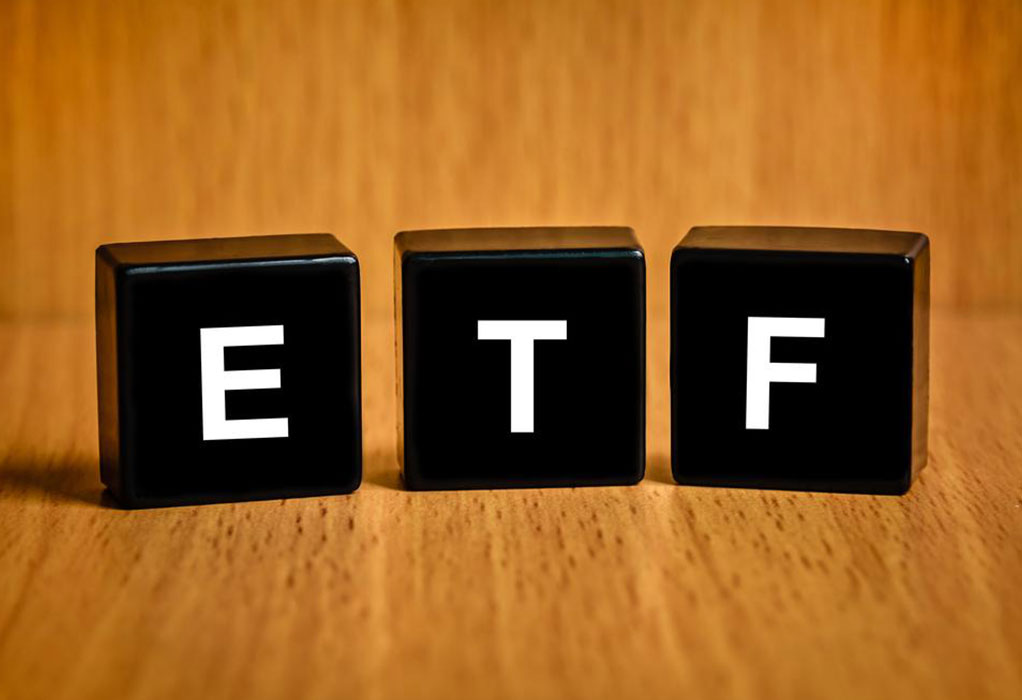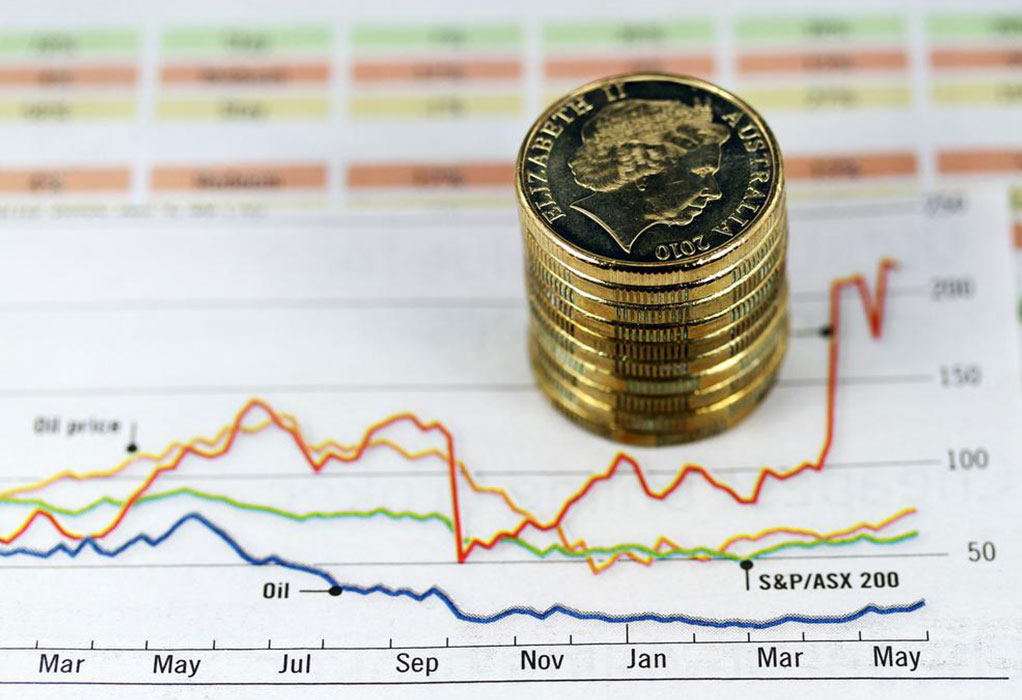What Is Are ETFs
Inflation is incessantly increasing and daily use commodities are getting expensive day-by-day. Hence, it is always good to generate more money by investing it in funds and the stock market. Keeping all your money in the bank is not recommended as gains are limited. Exchange-traded funds (ETFs) can be used to invest money in bonds, stocks, or commodities to generate revenue. Investing in these funds ensures a safe future and acts as a money bank during emergencies.
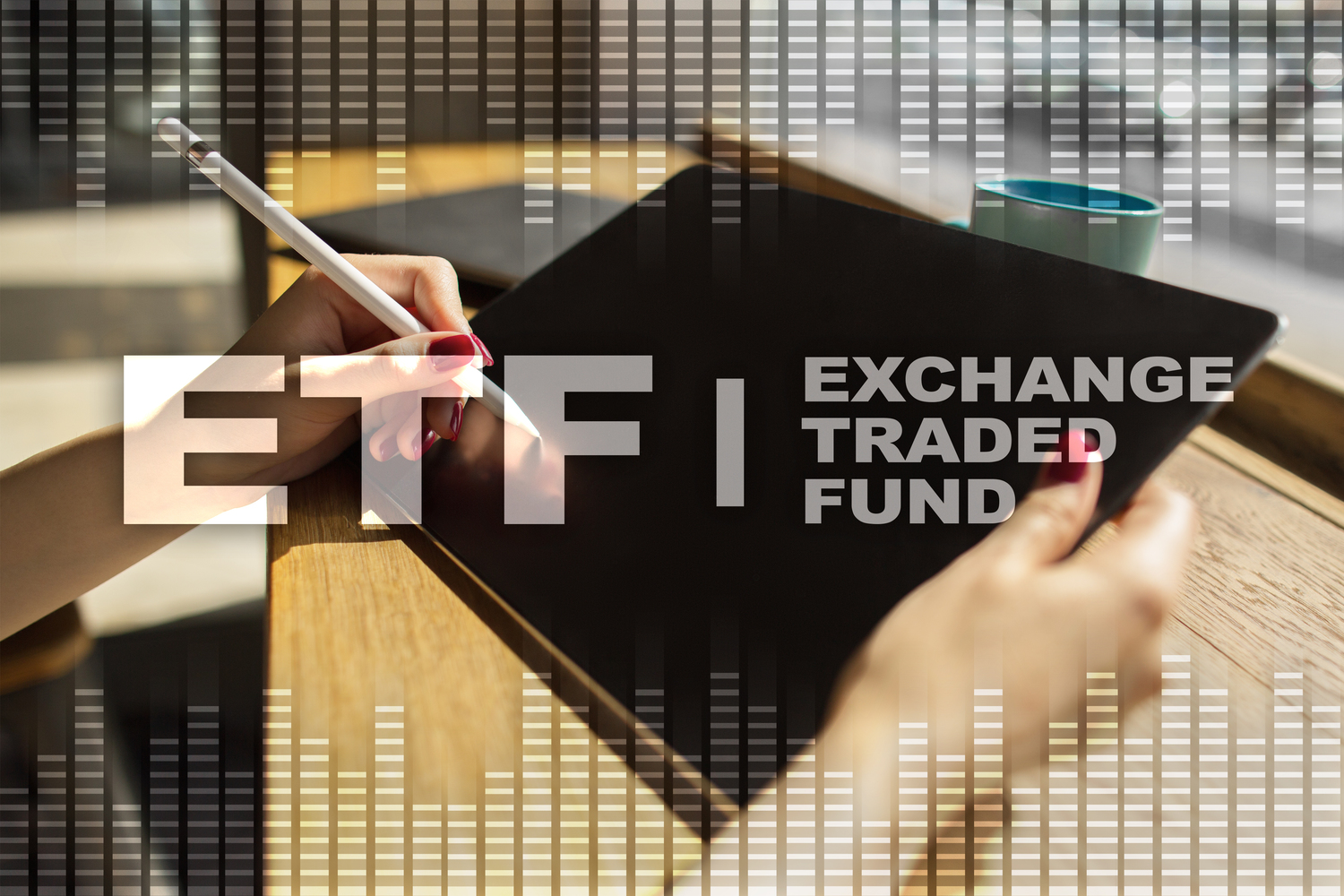
If you’re looking for the best ETFs to invest your money into, then here are a few things you should know about ETFs.
What is an ETF?
- An ETF is an investment fund that is traded on assets like stocks, commodities, bonds, etc.
- It operates on a mechanism that ensures that its value is kept close to the net asset value.
- The ETFs’ track a bond or a stock index.
- Investing in an ETF requires fewer costs and it provides tax benefits in return as well.
- ETFs’ can be traded at any point in the day.
How does an ETF work?
- An ETF can be bought or sold from or to authorized participants who have signed an agreement with the broker.
- Generally, the units are traded in large sets of tens of thousands of ETF shares.
- The authorized participants can invest for a longer or a shorter duration.
- Investing for a longer duration provides better gains than investing for shorter periods.
What are the different types of ETFs?
- Index ETFs – Majority of ETFs are index funds that try to duplicate the performance of a specific index. These indexes can be based on bonds, stocks, commodities, or currencies.
- Stock ETFs – Stock ETFs are the most popular funds and these track national indexes. These ETFs are of different types like large-cap, growth, small-cap, value, etc.
- Bond ETFs – If an ETF invests in bonds then it is called a bond ETF. These are ideal as they maintain their value during the recession as investors pull money out of stocks and invest in bonds during this period.
- Commodity ETFs – These ETFs invest in commodities like agricultural products, precious metals, etc. Gold ETFs were the first commodity ETFs introduced in the market.
- Currency ETFs – These funds track all major currencies in the market. The Euro Currency Trust was the first currency ETF to be launched.
What are the advantages of ETFs?
In addition to tax efficiency and lower average costs, ETFs provide other benefits. These include:
- Investors get the diversification an index fund along with the ability to sell short, buy on a margin, and purchase as little as a single share by owning an indexed stock ETF.
- Some brokers offer no-commision trading on particular low-cost ETFs, and this helps in keeping costs low for small investors.
Which ETFs to choose for yourself?
- Depending on the amount of money that you want to invest you can pick an ETF.
- Generally, buying less expensive ETFs is a better option.
- Avoid a higher spread of money while buying ETFs.
- The best ETFs are those that can get you a good tax benefit.
- Buying high-dividend ETFs is also a good option to get good returns in short term.
- Check the past performance of the ETF you want to invest in to understand the returns that you are likely to get.
Which are the top 10 ETFs?
The tops 10 ETFs include:
- Vanguard Healthcare ETF
- Lonar Cancer immunotherapy ETF
- SPDR S&P Homebuilders ETF
- Tortoise Water Fund
- Robo Global Robotics & Automation ETF
- PowerShares Russell top 200 Pure Growth Portfolio
- Proshares Decline of the Retail Store ETF
- iShares Floating Rate Bond ETF
- iShare MSCI Emerging Markets ETF
- Vanguard 500 index ETF

